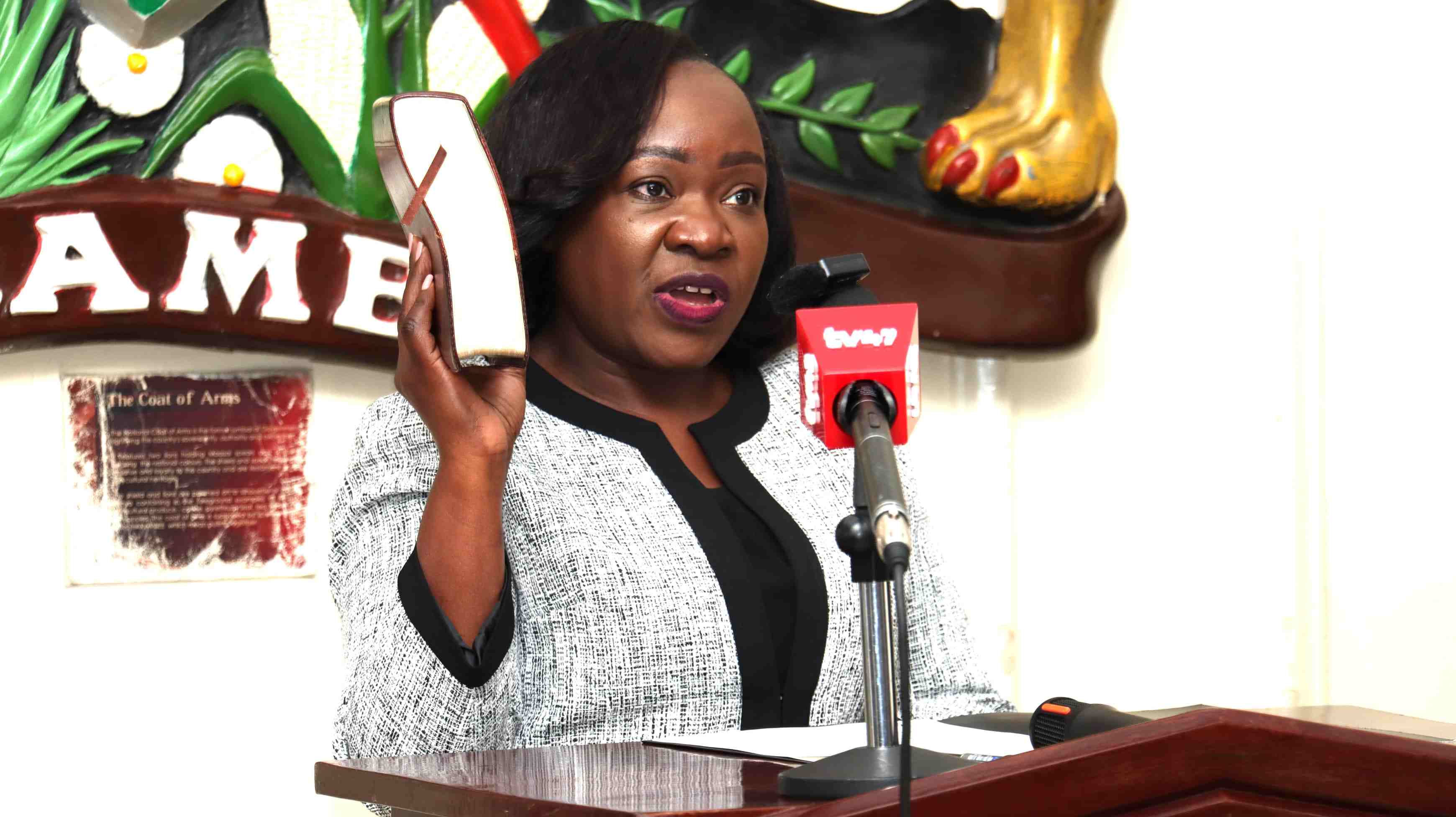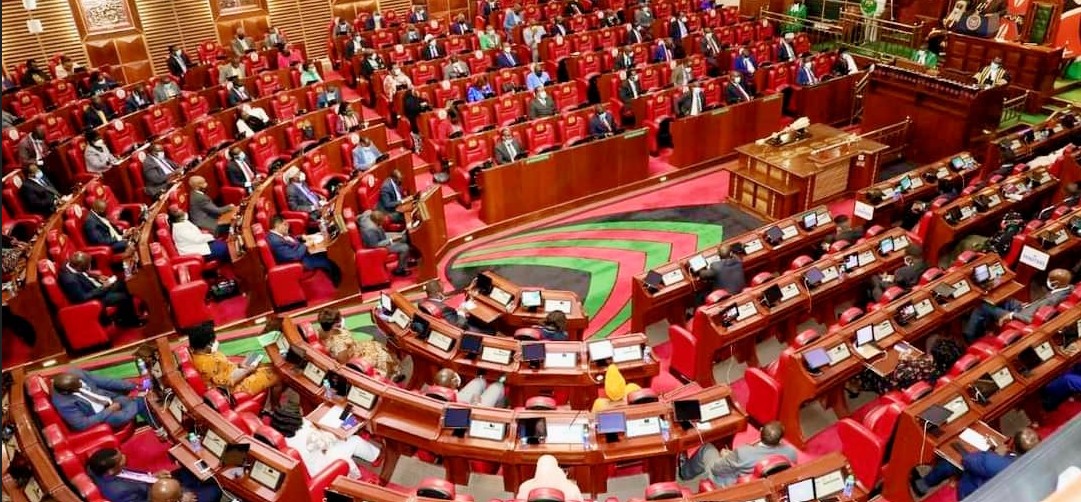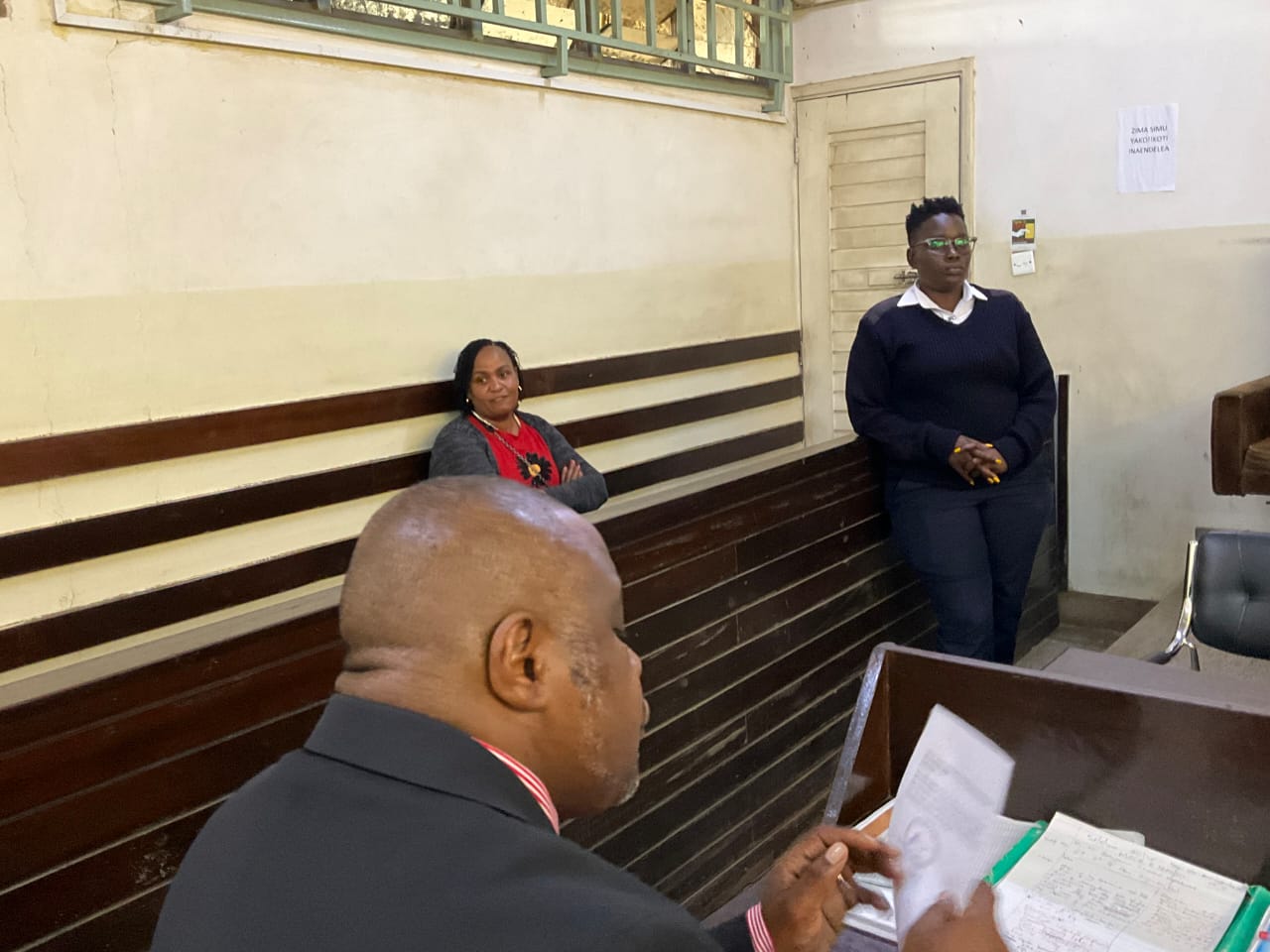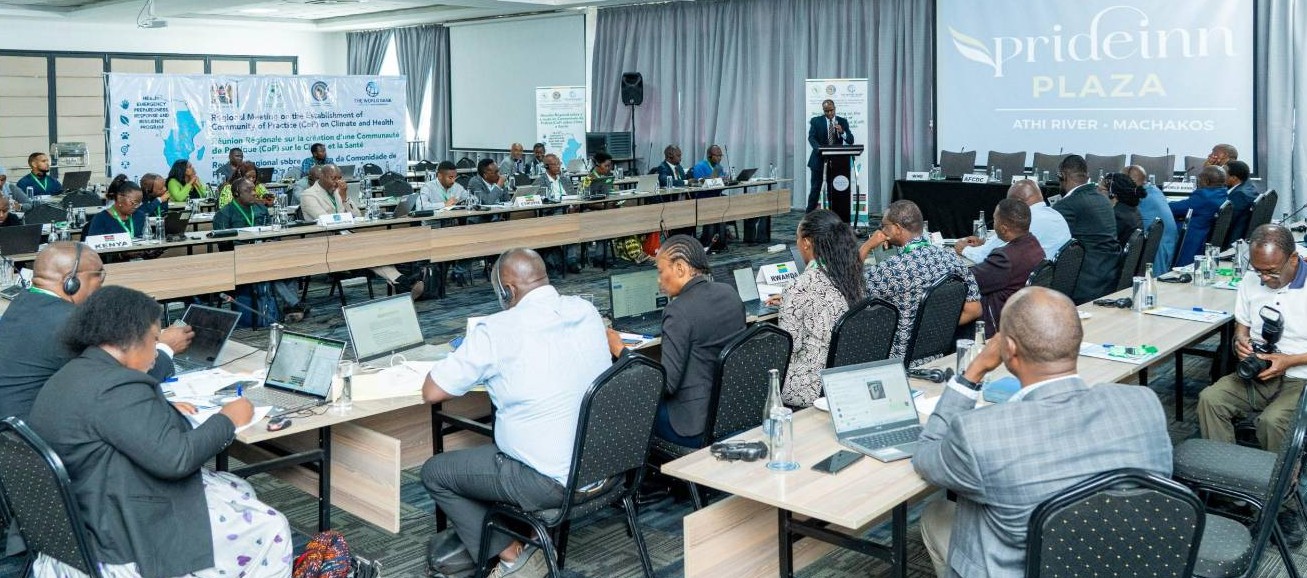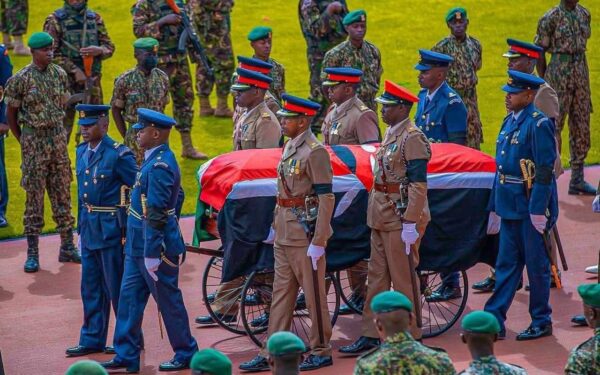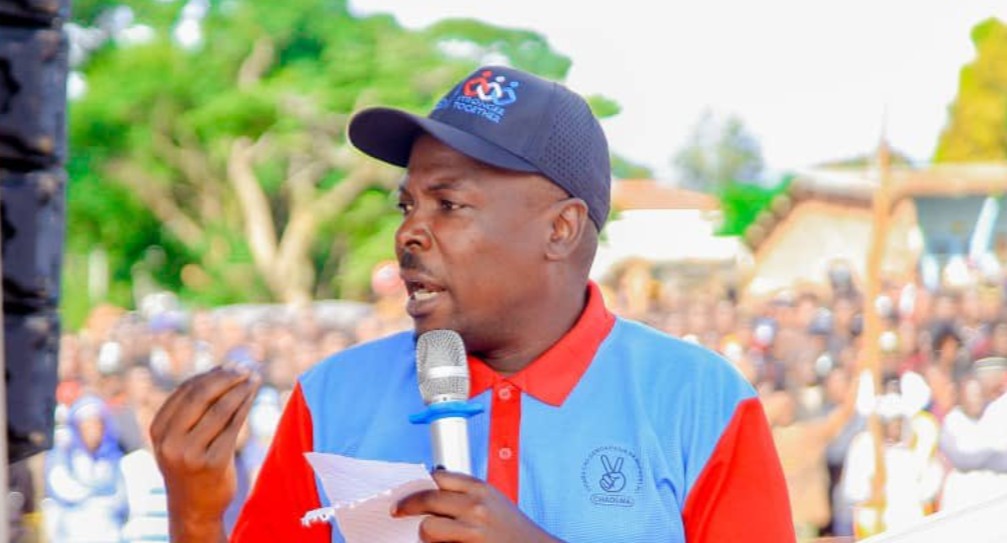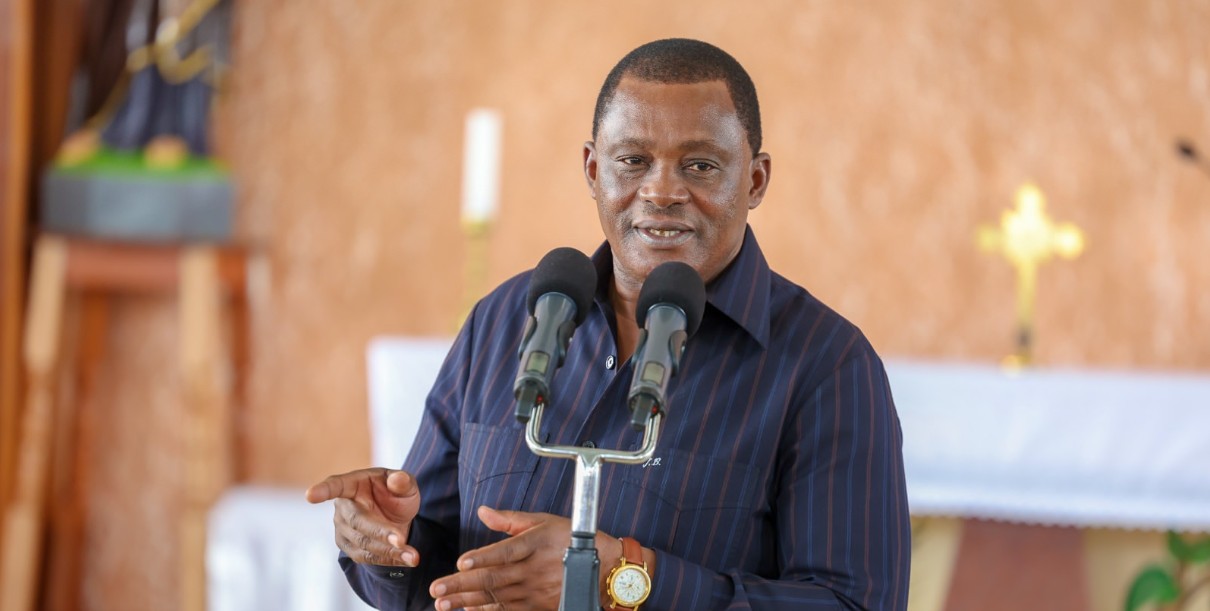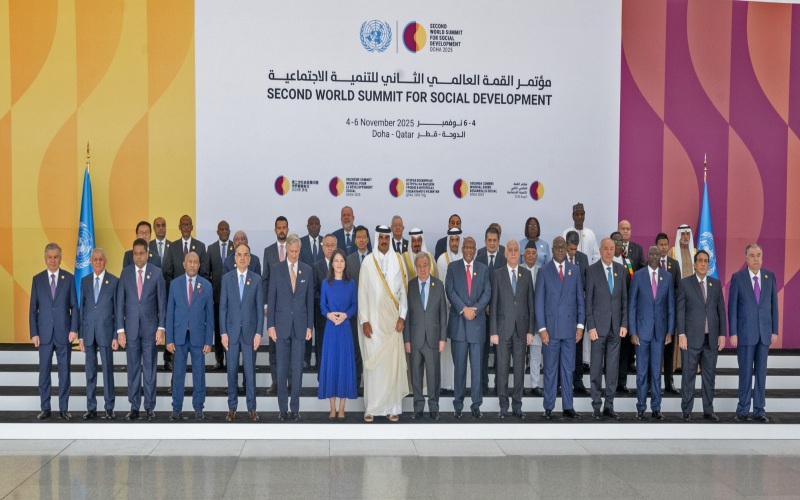2024/25 FKF Premier League: The intricate process of fixture making
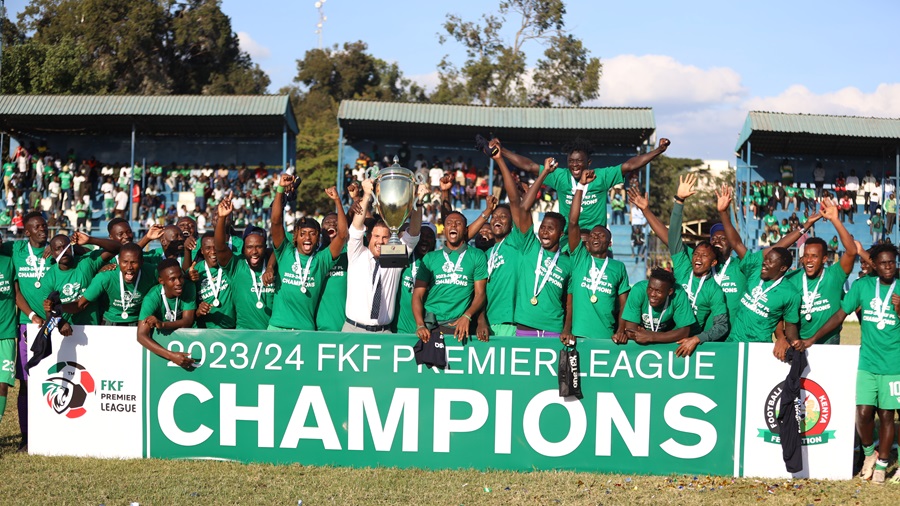
The 2024/25 FKF Premier League season kicked off on Saturday, August 24, with 18 teams vying for supremacy over the next 10 months. As Gor Mahia targets a third consecutive title, attention has turned to the intricacies of the fixture schedule, which has sparked debate among fans due to its striking resemblance to last season's lineup. The process of crafting these fixtures involves navigating complex rules and considerations, especially in a league where the scarcity of venues and the influence of broadcasters play crucial roles in shaping the season.
The 2024/25 FKF Premier League kicked off on Saturday 24 August, marking the start of a 10-month-long season in which 18 clubs will battle for glory. Gor Mahia aims to defend their league title and become champions for the third consecutive season.
The fixtures for the new season were released on Friday, August 2, 2024, sparking a lot of discussion about how they are made after fans noticed remarkable similarities with last season’s schedule.
More To Read
- Nairobi United drawn with Wydad Casablanca in historic CAF Confederation Cup group stage
- Equity Bank FC stun Migori Youth 3–2 to end unbeaten run in FKF National Super League thriller
- Homeboyz seek to extend lead as Tusker, Gor and Leopards headline Sunday's FKF Premier League fixtures
- Kayole Starlets shine again as Kenya Police Bullets run riot in Women’s Premier League
- FKF Women’s Premier League returns with four thrilling weekend fixtures
- Kakamega Homeboyz lead tight title race ahead of weekend fixtures
To understand how football fixtures are made, it's important to note that the FKF Premier League, being an 18-team competition, allows for the generation of 34,459,425 possible fixture lists, but only one is selected for a particular season. Therefore, creating the most ideal league schedule can be a challenging task.
This task is made even more difficult by the need to adhere to certain rules—usually five in number—that guide the creation of football fixtures. These rules are as follows:
- No team should start or end the season with two or more consecutive home or away matches.
- No team should play more than two consecutive home or away matches at any stage of the season.
- In any given sequence of five matches, a team should have a split of two home matches and three away matches, or vice versa.
- A team that starts the season at home should play away on the last day of the season.
- Simultaneous home and away bans are imposed on teams that share stadiums or are cross-town rivals, prohibiting them from playing home or away matches simultaneously.
Looking at the 2024/25 FKF Premier League, it is evident that the first four rules were adhered to, but the rule on simultaneous home bans for teams sharing stadiums or are rivals, like AFC Leopards and Gor Mahia, was not considered during the schedule-making process.
It is important to note that some of these rules, particularly rules 3, 4, and 5, are not cast in stone and can be adjusted to achieve a harmonious league schedule.
In Kenya, where football venues are scarce and 13 of the 18 teams in the league are based in Nairobi or its metropolitan area, it can be challenging to enforce a simultaneous ban on teams that share venues or are great rivals. In many instances, up to three or four teams share a venue.
The teams participating in the 2024/25 FKF Premier League are: AFC Leopards (Nairobi), Bandari (Mombasa), Bidco United (Thika), Gor Mahia (Nairobi), Kakamega Homeboyz (Kakamega), Kariobangi Sharks (Nairobi), KCB (Nairobi), Kenya Police (Nairobi), Mara Sugar (Narok), Mathare United (Nairobi), Murang’a SEAL (Murang’a), Nairobi City Stars (Nairobi), Posta Rangers (Nairobi), Shabana (Nairobi), Sofapaka (Nairobi), Talanta (Nairobi), Tusker (Nairobi), and Ulinzi Stars (Nairobi).
In the FKF Premier League, the shortage of venues in Nairobi means that the 13 clubs based in the city and its environs can only use Dandora Stadium, the Police Sacco Stadium, and the Ulinzi Sports Complex to host league matches in the capital. Some clubs have been forced to take their matches to Kenyatta Stadium in Machakos and Thika Stadium in Kiambu County.
To illustrate the effectiveness of simultaneous bans, we can look at the English Premier League, where teams from the same city are never scheduled to play at home or away at the same time. For instance, Manchester Derby rivals, Manchester City and Manchester United, never play at home on the same weekend, helping the police provide adequate security and reducing strain on train services as well as medical and emergency providers.
Other factors that impact the scheduling of football matches include the needs of broadcasters, who carry significant influence as they prefer big matches to be played on weekends, so they don’t compete for attention with other events.
When Azam acquired the broadcasting rights for the FKF Premier League last year, they expressed concerns about the scheduling of some matches. Therefore, it is likely that they had input in creating this season’s schedule.
Broadcasters often ensure that big matches are scheduled on weekends when they are least likely to be postponed due to a big team’s involvement in CAF competitions. As a result, they typically insist that big matches are not scheduled on a weekend set aside for CAF competitions.
 FKF Premier League Round 2 Fixtures
FKF Premier League Round 2 Fixtures
Events such as national celebrations and other significant sporting events, like the Safari Sevens and the Nairobi Marathon, are also considered when scheduling football games. These events compete for venues and fans with football teams, so league organizers must schedule matches to minimize disruption.
For example, there was a tradition of not scheduling many matches in Nairobi on the same weekend as the Nairobi Marathon. However, this is no longer possible because over two-thirds of the teams competing in the league are based in Nairobi. Nowadays, matches are scheduled a day before or after the marathon.
During the Nairobi Marathon, roads are usually closed, making it difficult for fans to reach stadiums. Additionally, most police officers and ambulance services are engaged at the marathon, meaning that football clubs cannot easily procure their services.
The FIFA calendar has also impacted the 2024/25 FKF Premier League schedule. To boost Harambee Stars' preparations for international matches, league organizers have avoided scheduling league matches on weekends preceding the start of international breaks. This decision has led to two-week breaks in September 2024, October 2024, November 2024, March 2025, and June 2025, causing the 2024/25 FKF Premier League to last 10 months instead of the standard nine.
Other factors influencing the creation of football fixtures include the distance teams must travel and the difficulty level of matches. Fixture makers strive to ensure that teams do not travel long distances between matches, which is why the rule of not scheduling more than two away or home matches in a row is applied.
In Kenya, however, enforcing this rule favorably is challenging, particularly for geographically isolated teams like Bandari, whose closest opponents are in Nairobi, 500 kilometers from their base.
Regarding fixture difficulty, in the Bundesliga, league organizers ensure that no team plays Bayern Munich and Borussia Dortmund, the league’s strongest teams, in consecutive matches. In Kenya, efforts are made to ensure that no team plays AFC Leopards and Gor Mahia in consecutive matches, as facing these two archrivals back-to-back takes a significant financial toll on clubs due to the additional expenses related to security and player motivation.
When planning football fixtures, league organizers make every effort to create a schedule that harmonizes the needs of all stakeholders.
Top Stories Today


